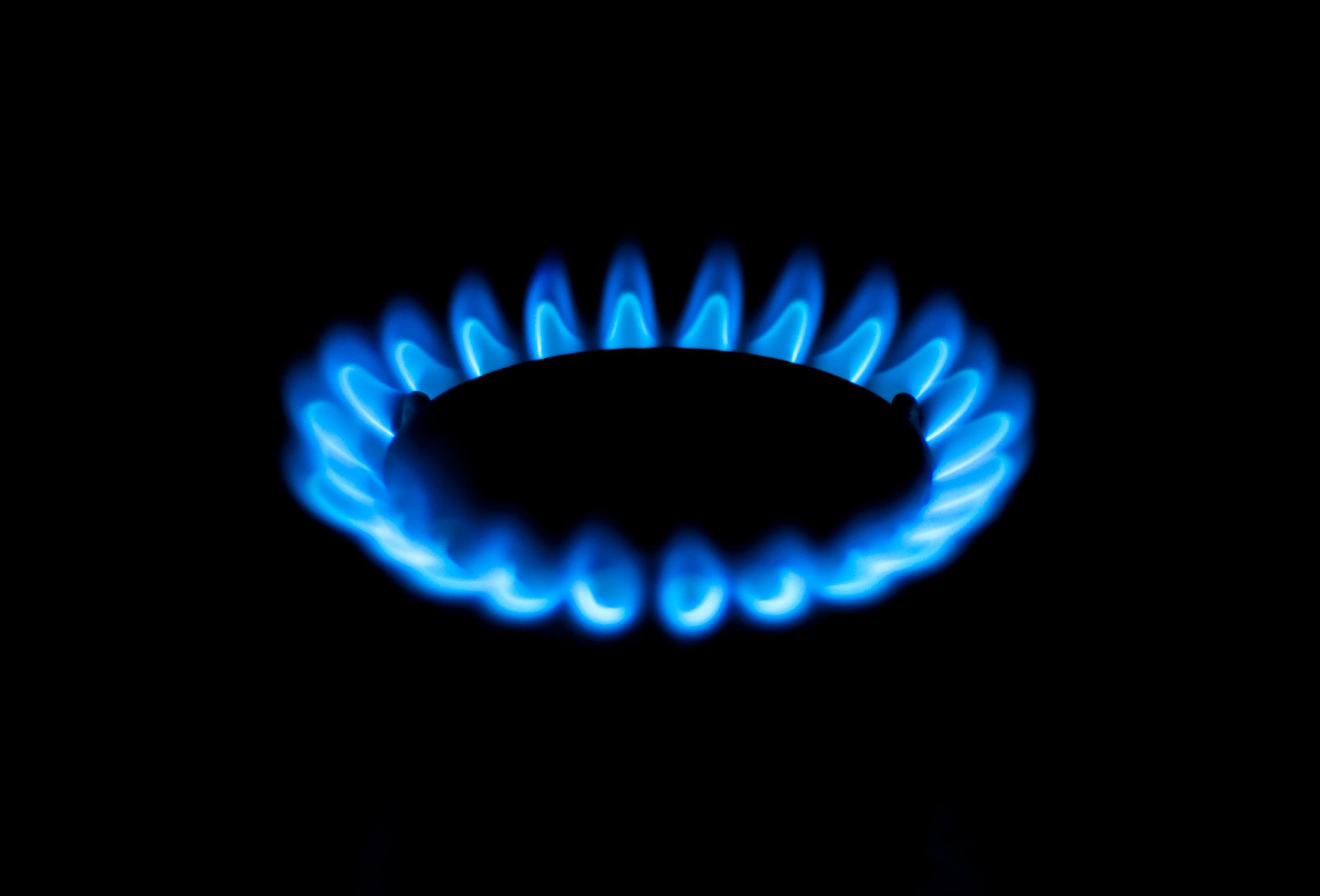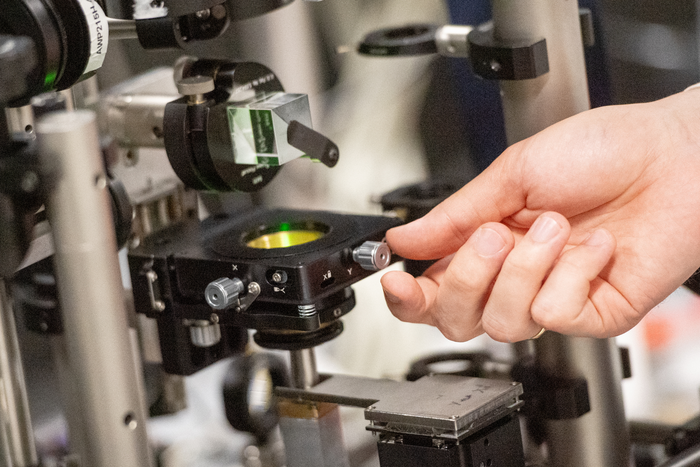Gas consumption in the first half of this year was considerably lower than in the first half of 2021. Energy Minister Tinne Van der Straeten (Groen) warns that energy prices will remain high.
–
For households and smaller companies, gas consumption decreased by 18.5 percent between 1 January and 26 June compared to a year earlier, according to figures from gas network operator Fluxys. This is probably due to the high energy prices, but not only because of this. The winter of 2021 was also a lot colder than this year, with 27 freezing days between January and April, compared to 17 freezing days this year.
Industry gas consumption also fell by 11.2 percent, reflecting high prices, highlighting the vulnerability due to gas dependence. The power stations needed 26.45 percent less gas, due to the high availability of the nuclear power stations and the full deployment of the first zone of wind turbines at sea.
According to Energy Minister Tinne Van der Straeten (Green), there are currently no indications that the energy supply is in danger. “But the situation is being evaluated every day,” she says. ‘Smart use of energy is more important than ever.’
Insulation
The federal government already launched the ‘I have impact.be’ campaign in April to encourage families to take energy-saving measures. According to Van der Straeten, the campaign, with concrete measures to save energy, has had a major impact.
At the same time, she warns that no recovery is coming. “The painful reality is that energy prices will remain high and may rise if Russian President Vladimir Putin turns off the gas,” she said. ‘To prepare for next winter, extra steps are needed. Insulation is the best choice and it’s best to start now’, she says.
Van der Straeten asks the regions to take responsibility for advising citizens to insulate or install solar panels, and to ensure that the second zone of offshore wind turbines can be built as quickly as possible. ‘Infrastructure works must not lead to delays’, she says, referring to the controversial Ventilus project, the high-voltage line that is intended to bring electricity from offshore wind to the interior.
–


